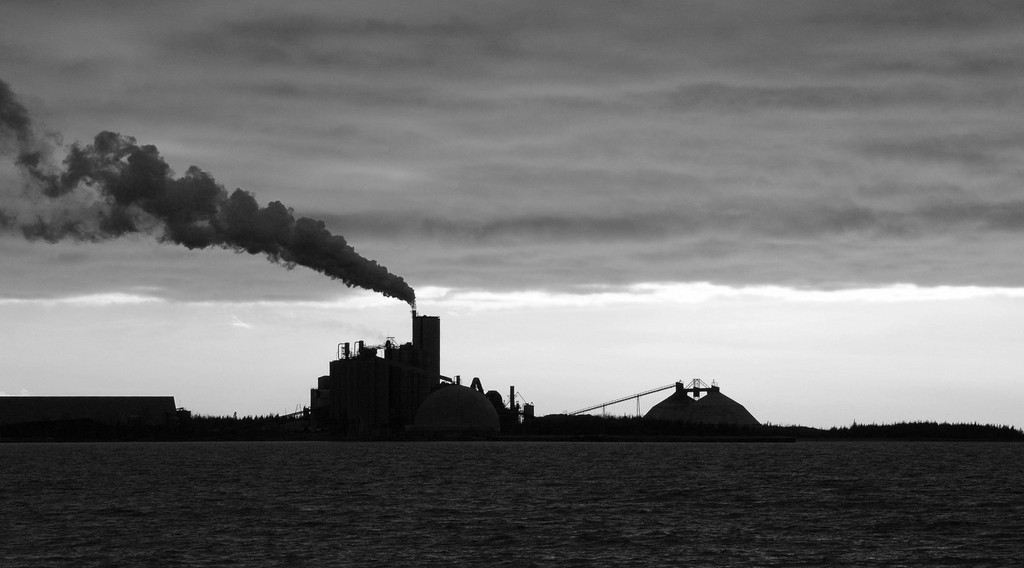Market-based mechanisms such as ‘cap-and-trade’ have become increasingly popular policy tools for reducing harmful emissions. But designing these schemes so that emissions are curbed efficiently requires understanding key elements of an industry’s structure, notably the degree of market power and the extent to which unregulated foreign producers compete with domestic firms. This research investigates these issues in the US cement industry, an emissions-intensive sector exposed to foreign competition. The findings suggest that the optimal regulatory policy in such industries may be to rebate compliance costs partially on the basis of output or to impose border tax adjustments.
Climate change
Climate change: the potential impact on global agricultural markets
Many fear that climate change will have severe effects on the global economy, particularly through the threat to food production and farmers’ earnings. This research suggests that much of the potential harm could be avoided if farmers can switch their crops in response to changing relative yields.







